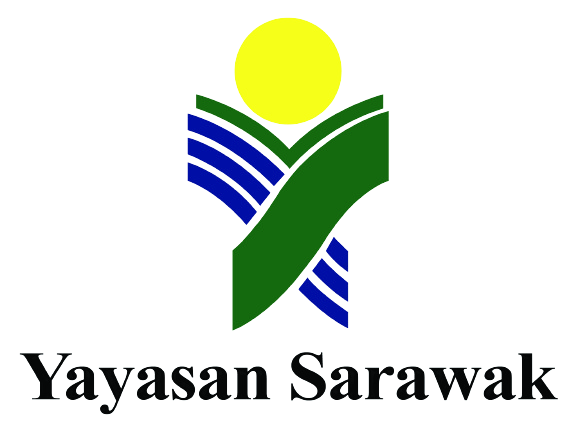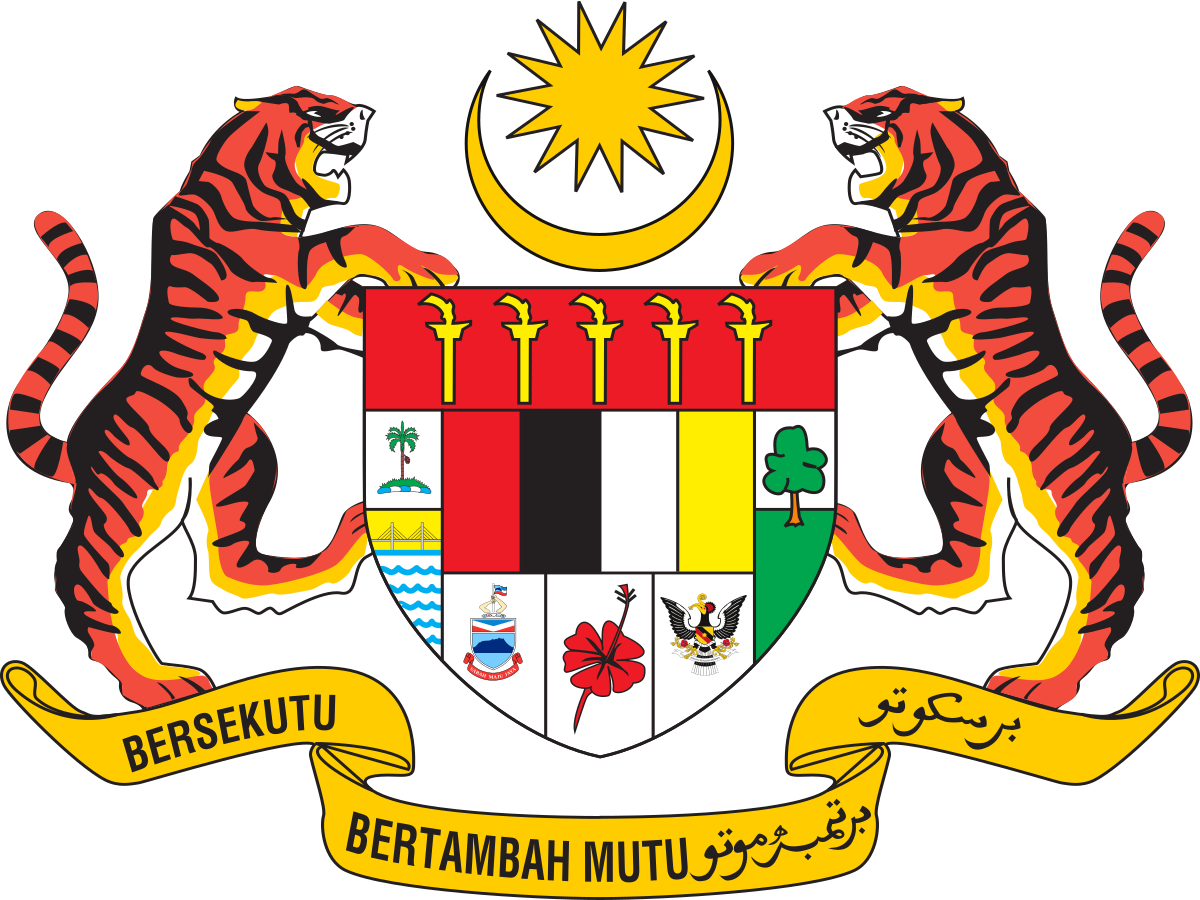Sarawak Centre Of Performance Excellence
Artificial Intelligence and the UN’s Sustainable Development Goals: Trends, Challenges & Opportunities for Leaders
Description
KUCHING, 21st August 2023: Sarawak Centre of Performance Excellence (SCOPE) returns with their second instalment of “SCOPE Distinguished Speakers’ Series”, with the program “Artificial Intelligence and the UN’s Sustainable Development Goals: Trends, Challenges & Opportunities for Leaders”. As a recap, SCOPE Distinguished Speakers’ Series, which champions the three pillars of Post Covid-19 Development Strategy (PCDS) 2030, namely Economic Prosperity, Social Inclusivity and Environmental Sustainability, features specially curated speakers from private and public sectors who will share insights as well as research findings on challenges that relate to Economic, Sustainability, the Environment, Social Welfare and Planetary Health.
The second program to the series, Artificial Intelligence and the UN’s Sustainable Development Goals: Trends, Challenges & Opportunities for Leaders, delves into the emerging intersections between AI and the UN's Sustainable Development Goals (SDGs). The program is organised on 21st August 2023 at SCOPE’s Auditorium. The invited speaker for the program is Mr. Danial Rahman, CEO of Asian Strategy and Leadership Institute (ASLI) and moderated by Ms. Tang Ing Sia, CEO of Sunway College Kuching. ASLI is a member of Sunway Education Group.
Danial's professional journey has traversed law, policy, education, media, and technology, having served in three government ministries (Education, Higher Education, and Finance). In the technology space, Danial was part of an Australian EdTech startup which underwent a successful public listing on the Australian Securities. It was here that Danial delved into the ethical and policy dimensions of artificial intelligence (AI) and its intersections with the UN Sustainable Development Goals (SDGs), future of work, and more. Danial has given talks on this topic to banks, ministries, GLCs and youth organizations.
Danial also regularly conducts trainings on leadership and development as well as communications and public speaking for civil servants, industry professionals and youth. He has been invited to train around the region, including Philippines, China and South Korea.
During his session, Danial mentioned that the concept of AI is not new. What we see today are the advancements being made thanks to new technologies such as cloud computing, more powerful chips being developed and more data being shared, which has led to the ability of AI to thrive unlike ever before. He explained that AI is a powerful enabler towards achieving the 17 SDGs – which according to the United Nation are currently off-track or some are even reversing in achieving its goals. AI can therefore be used to address food wastage, enhance access to quality education, open employment opportunities for women and marginalised communities, ensure fairer dispensation of justice, alert us to environmental conditions, and more.
In addition, he also commented that while AI will have an impact on the future of work (especially routine roles), it will also create new jobs and opportunities. Therefore, all sections of society must be able to learn, unlearn, and release in order to embrace the future. Upskilling and reskilling will lead to greater prosperity.
Danial emphasized that leaders must therefore not only understand the emerging trends and technologies, but come up with action plans on harnessing AI’s advantages, while honing in on policies to prevent its disadvantages and challenges. Leaders must recognise that AI generates more productivity and wealth, and therefore must focus on the care economy and silver society, by ensuring fair and equitable distribution of wealth for all.
The program was attended by Datu Buckland Bangik, the Deputy State Secretary (Administration), SCOPE's Board of Directors; Tuan Haji Mersal Bin Abang Rosli, Director of Yayasan Sarawak and Datu Laura Lee Ngien Hion, CEO of Development Bank of Sarawak (DBOS) as well as participants from various sectors including the Sarawak Civil Services, Government-Link Companies and private sectors.





